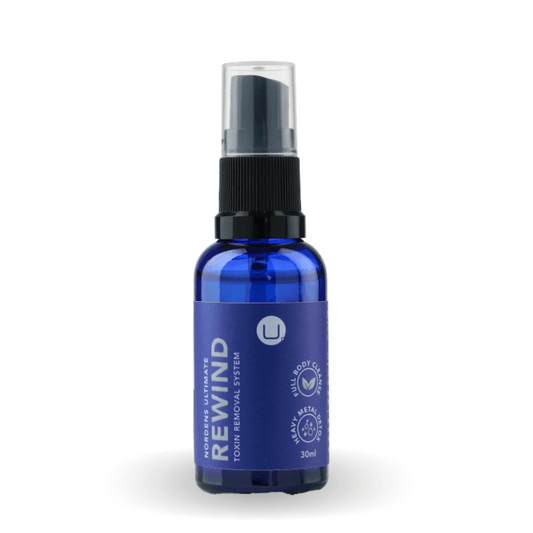Fear has many faces, some are helpful, some are not, but everyone has their fear nemesis or nemeses in the case of multiple, invasive fears. Different fears may dominate at different times.

Which of the following nine common fears resonate with you? Do you perhaps fear...
- chaos?
- deprivation?
- not knowing?
- being controlled?
- conflict?
- meaninglessness?
- being wrong or perceived as lazy?
- being unloved or unwanted?
- being worthless or disrespected?
Let's look at them one by one. See which describes you best, and which may help you understand where other people might be coming from.
1. Fear of Chaos
People who value security and connection with others are loyal, with a strong sense of responsibility. There may be a spirit of guardianship present, which drives them to engage deeply with their environment to ensure all is well rather than chaotic. Response to inner distrust is seen in hyper-vigilance and controlling.
2. Fear of Deprivation
This personality style spends lots of time in their heads and often suffers from FOMO (fear of missing out). Their focus is on sensory input - enthusiasm, spontaneity, fun, and variety in order to avoid disappointment, helplessness, sadness, or pain. The drive is to pursue desires they fear will not be fulfilled by others.
3. Fear of Not Knowing
These investigative types are observant and seek control by understanding their world. They hate feeling ignorant, clueless, helpless or inadequate. The drive is to seek learning and gain insight in a drive to earn respect and acceptance by being competent and effective.
4. Fear of Being Controlled
Coming across as assertive, confident, and self-directed, these challengers fear being controlled, betrayed, or limited by circumstance. Response to those fears presents in taking control in a powerful, self-sufficient way to ensure they get what they want.
5. Fear of Conflict
If you're a born peacemaker, you'll know that you hate confrontation or 'rocking the boat'. You hate disharmony and feeling disconnected from others. The drive is to avoid challenging yourself or others and magnanimously accommodate others for the sake of stability, peace and harmony.
6. Fear of Meaninglessness
Strongly individual, these types of people are often spiritually inclined. They dislike boring and being normal, superficial, average, or mediocre. Driven by a need to earn love by being emotionally intense, expressive, dramatic, or artistic and creative, they may appear temperamental.
7. Fear Being Wrong or Seen as Lazy
It’s the perfectionism here that delivers an aim to be virtuous, principled, deliberate, intentional, controlled and good. There is a tendency to overextend to achieve and expect the same from others.
8. Fear of Being Unloved and Unwanted
Sacrificing their own needs in the need to prove worthy of love and acceptance, they exhibit strength and generosity toward others. The drive is to take it upon themselves to fix, help and support others, often losing themselves in the process.
9. Fear Being Worthless and Disrespected
Believing they need to earn trust, love, respect, and admiration, those driven by this fear strive to achieve thorough ambition and competition. Performers to the core, reputation is important to them as are image, self-image, and wanting to impress.
Conclusion: Fear is often a response to not getting the love we need. Love is the cure for all fears. Healthy, balanced self-love helps to integrate the best version of yourself by overcoming negative, fear-driven thoughts. The key to spend less time in avoidance or other defensive, knee-jerk responses is to move away from the negative dysregulated responses into returning to your own essence, and integrating the real you.
Taking care of yourself includes looking after your health. Feel free to explore the Cures & Creams online store and get yourself stocked with the natural remedies that are just right for you and your loved ones.
Take advantage of running specials, reward points and repeat order subscription benefits.
Disclaimer: This article is for informational purposes only and does not constitute professional medical or psychological advice. Please consult with a qualified healthcare professional for personalized guidance.






